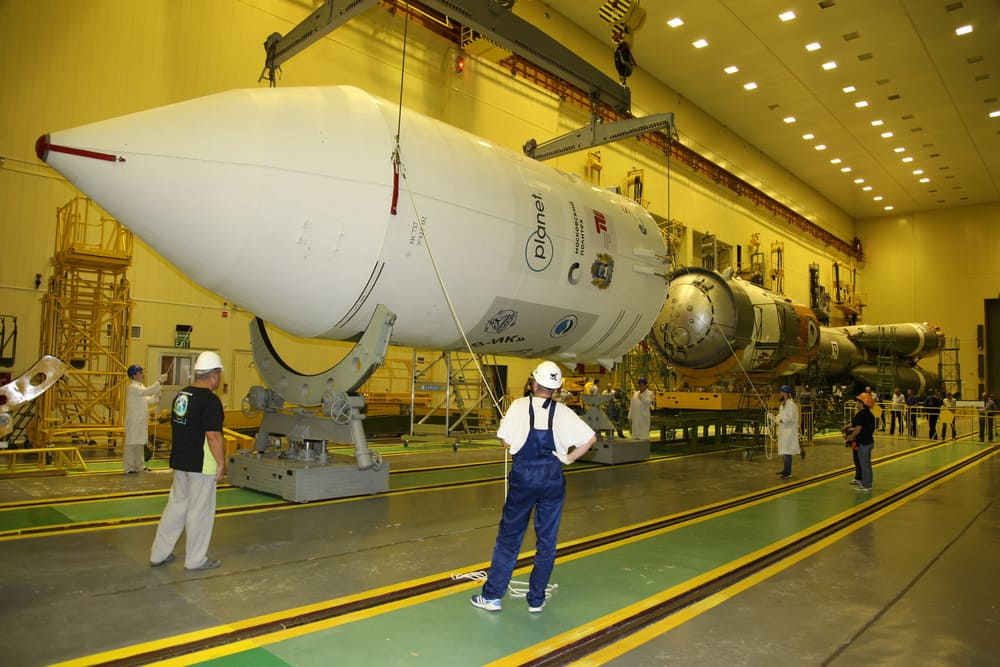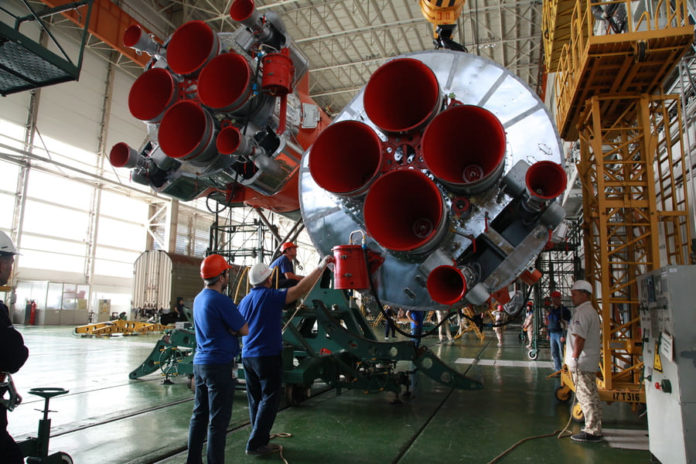Rocket launches are some of the most awe-inspiring and complex undertakings humans have ever attempted. At the heart of these missions, ensuring everything goes according to plan, is ground control. Without these unsung heroes, the marvel of space exploration would be a distant dream. So, let’s dive into the fascinating world of ground control and explore their indispensable role in rocket launches.
What is ground control?
Ground control is a term that encompasses a wide range of functions and responsibilities. Essentially, it refers to the team of professionals and the sophisticated infrastructure that monitors and manages a rocket launch from Earth. These folks are like the pit crew for a rocket, ensuring everything is perfect for takeoff and beyond.
Ground control involves everything from pre-launch checks to real-time monitoring during the flight and post-mission analysis. Their primary goal is to ensure the safety and success of the mission. This includes tracking the rocket’s trajectory, maintaining communication with the astronauts, and managing any anomalies that may arise.
The ground control team is made up of various experts, each specializing in different aspects of the mission. This includes flight directors, engineers, communication specialists, and medical personnel, among others. Each member plays a critical role in the success of the mission, working together like a well-oiled machine.
Historical perspective
In the early days of space exploration, ground control was a rudimentary setup compared to today’s standards. The technology was basic, and many procedures were manual. However, these pioneers laid the groundwork for modern space missions.
As technology advanced, so did the capabilities of ground control. The advent of computers, real-time data transmission, and sophisticated software has transformed ground control into a high-tech operation. Today, ground control centers are equipped with state-of-the-art technology that enables them to manage even the most complex missions.
Pre-Launch preparations
Before a rocket can launch, extensive planning is required. This involves defining mission objectives, determining the launch window, and coordinating with various stakeholders. Ground control plays a pivotal role in this phase, ensuring that all elements are aligned for a successful mission.
Simulation and training are crucial components of pre-launch preparations. Ground control teams run countless simulations to prepare for every possible scenario. This helps them to identify potential issues and develop contingency plans.
In the days leading up to the launch, the ground control team performs final checks on all systems. This includes testing communication links, verifying fuel levels, and ensuring all equipment is functioning correctly. The countdown process is meticulously managed, with ground control overseeing each step.

Launch day operations
On launch day, the ground control team is in full swing. They monitor the rocket’s systems in real time, tracking its trajectory and ensuring everything is proceeding as planned. This requires constant vigilance and quick decision-making.
For manned missions, maintaining communication with the astronauts is vital. Ground control provides updates, navigational assistance, and support throughout the flight. This two-way communication is crucial for the safety and success of the mission.
Despite thorough preparations, emergencies can happen. Ground control is prepared for such situations, with detailed protocols in place. Whether it’s a technical glitch or a medical emergency, the ground control team is ready to respond and guide the mission to safety.
Technological aspects
Ground control infrastructure
The infrastructure of a ground control center is impressive. It includes multiple consoles, large screens displaying real-time data, and secure communication lines. This setup allows the team to monitor and control every aspect of the mission.
Software and tools used
Advanced software and tools are at the heart of ground control operations. These systems analyze data, predict outcomes, and provide crucial insights. From flight dynamics software to real-time telemetry systems, technology is a key enabler for ground control.
Collaboration with space agencies
NASA’s mission control
NASA’s Mission Control Center is perhaps the most famous ground control center. Located in Houston, Texas, it has been the nerve center for numerous historic missions, including the Apollo moon landings.
International collaborations
Space exploration is a global endeavor, and ground control centers often collaborate with international partners. This cooperation enhances the capabilities and reach of space missions, bringing together the best minds from around the world.
Challenges faced by ground control
Technical difficulties
Technical issues are a significant challenge for ground control. These can range from hardware malfunctions to software bugs. The team must be adept at troubleshooting and resolving these issues swiftly to keep the mission on track.
Human factors
Human factors, such as stress and fatigue, also play a role. Ground control teams work long hours under high pressure, which can impact performance. Effective management and support systems are essential to mitigate these risks.
Ground control in unmanned missions
Ground control is just as crucial for unmanned missions. In satellite launches, they ensure the satellite reaches its intended orbit and begins functioning correctly. This involves precise calculations and real-time adjustments.
For deep space missions, ground control’s role extends beyond launch. They continue to monitor and manage the mission for years, providing guidance and support as the spacecraft travels through space.
Case studies
Apollo 11
The Apollo 11 mission, which landed the first humans on the moon, is a prime example of ground control’s importance. The meticulous planning, real-time problem-solving, and constant communication between ground control and the astronauts were critical to the mission’s success.
SpaceX Falcon 9
SpaceX’s Falcon 9 launches have also highlighted the role of ground control. The successful landing and reuse of Falcon 9 rockets are a testament to the precision and expertise of the ground control team.
Innovations in ground control
Advances in AI and automation
Artificial intelligence and automation are revolutionizing ground control. These technologies can analyze vast amounts of data quickly, predict potential issues, and even automate routine tasks, allowing the team to focus on critical decision-making.
Future trends
The future of ground control looks promising, with innovations such as virtual reality training, enhanced communication systems, and even more advanced AI. These advancements will further enhance the capabilities and efficiency of ground control teams.
Training and education for ground control
Specialized training programs and courses are essential for ground control personnel. These programs cover various aspects, including technical skills, teamwork, and emergency response.
Continuous learning is crucial in the ever-evolving field of space exploration. Ground control teams must stay updated with the latest technologies, procedures, and best practices to maintain their high standards of performance.
Impact of ground control on space exploration
Ground control has been instrumental in many space exploration success stories. From the first moon landing to the Mars rovers, their expertise and dedication have made these achievements possible.
Looking ahead, ground control will continue to play a vital role in future missions. Whether it’s returning to the moon, exploring Mars, or venturing beyond, their contribution will be crucial to the success of these endeavors.
Public perception and media
Ground control has been immortalized in movies and TV shows, often depicted as the calm and collected professionals guiding the mission. This portrayal highlights their importance and adds to the public’s fascination with space exploration.
Public awareness campaigns also play a role in highlighting the significance of ground control. These initiatives educate people about the behind-the-scenes efforts that make space missions possible, fostering greater appreciation and support.
Ground control is the backbone of rocket launches and space exploration. Their meticulous planning, real-time monitoring, and expert problem-solving ensure the success and safety of missions. As technology advances and space exploration continues to evolve, the role of ground control will only become more critical. Their dedication and expertise are truly out of this world, driving humanity’s quest to explore the cosmos.













